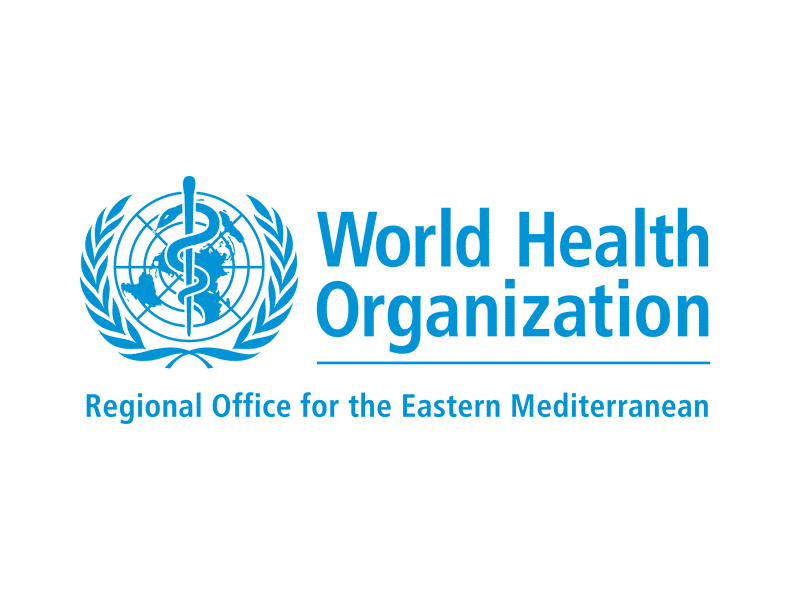World Diabetes Day 2023: ensuring access to diabetes care

14 November 2023, Cairo, Egypt – World Diabetes Day is being marked across the globe today. As well as raise awareness of diabetes as a global public health issue, the event aims to highlight what must be done, collectively and individually, to enable access to better prevention, diagnosis and management of the condition.
World Diabetes Day this year focuses on access to diabetes care – and chiefly on prevention of type 2 diabetes and diabetes-related complications. To this end, WHO is highlighting the need for equitable access to essential care, medicines and technologies, including raising awareness of ways that people with diabetes can minimize the risk of complications. This is not only a fundamental human right but also a crucial determinant of the well-being and quality of life of individuals living with diabetes.
Diabetes is a major public health issue affecting millions of people around the world. Diabetes causes a range of serious health conditions including blindness, kidney failure, heart attacks, stroke and lower limb amputation. From 2000 to 2019, there was a 3% increase in age-standardized mortality rates for diabetes. In lower-middle-income countries, the mortality rate due to diabetes increased by 13%. In 2019, diabetes entered the list of the top 10 causes of death globally.
The Eastern Mediterranean Region is no exception to this global trend. Diabetes is a significant public health concern in the Region: 73 million adults – or 1 in 6 adults – have diabetes. This is the highest prevalence of diabetes among all WHO regions. At the same time, related risk factors such as unhealthy diet, physical inactivity and obesity are reaching alarming levels in the Region.
There has been a lack of progress in the Eastern Mediterranean Region in addressing diabetes as a public health problem. The growing socioeconomic impacts of the condition on communities, health systems and development put at risk countries’ ability to achieve Sustainable Development Goal Target 3.4 – to reduce by one-third premature mortality from noncommunicable diseases by 2030.
Yet, type 2 diabetes is often preventable. Eating a healthy diet, being active, maintaining a healthy body weight, and avoiding tobacco use can reduce the risk of diabetes and hence prevent or delay the onset of type 2 diabetes. More than 95% of people with diabetes have type 2 diabetes – previously known as non-insulin-dependent or adult-onset diabetes. Until recently, this type of diabetes was seen only in adults, but it is now seen increasingly frequently in children too.
“Diagnosing and managing diabetes at the primary health care level is vital for early intervention and effective management, ensuring better health outcomes and reducing the long-term burden of complications,” said Dr Ahmed Al-Mandhari, WHO Regional Director for the Eastern Mediterranean. “Diabetes care empowers patients with comprehensive support, promoting better diabetes management and overall well-being.”
Early diagnosis of diabetes through simple tests enables the timely management and prevention of its effects and empowers individuals to take control of their health. Diabetes management requires access to multidisciplinary care. Patients not only need access to general practitioners but also nurses, specialists, nutritionists, health educators and mental health support.
“People with diabetes face a two- to three-fold increased risk of heart attack and stroke. The prevalence of diabetes-related end-stage renal disease is up to 10 times higher in individuals with diabetes compared to those without. Diabetic retinopathy is a leading cause of blindness, contributing to 2.6% of global blindness, and neuropathy raises the risk of foot ulcers, infection, and the potential need for limb amputation,” Dr Rana Hajjeh, Director of Programme Management reiterated,
WHO aims to promote and support the adoption of effective measures for the surveillance, prevention, and control of diabetes and its complications, especially in low- and middle-income countries.
“Individuals living with diabetes require long-term care that is personalized, proactive, and sustainable. By prioritizing early intervention, we can mitigate the impact of diabetes on individuals and enhance overall public health impact.” Dr Hajjeh added.
Primary healthcare plays a crucial role in organizing and delivering healthcare to identify and manage diabetes and its complications at early stages.
“Quality diabetes care is a right, not a privilege,” emphasized Dr Al-Mandhari. “All people with diabetes deserve affordable access to the services and medications they need. Access to diabetes care means longer, healthier lives. With proper care, diabetes can be a manageable condition, instead of leading to blindness, amputations, kidney failure, and other serious complications. Ensuring access to diabetes care is very important to achieve our regional vision of Health for All by All.”
To help countries address diabetes, the Regional Office is focusing on supporting them to implement the HEARTS technical package. WHO devised this comprehensive package to enhance the prevention and control of cardiovascular diseases and diabetes through evidence-based treatment, risk management, and strengthened health systems. Several countries in the Region are currently implementing HEARTS.
Observer Voice is the one stop site for National, International news, Sports, Editor’s Choice, Art/culture contents, Quotes and much more. We also cover historical contents. Historical contents includes World History, Indian History, and what happened today. The website also covers Entertainment across the India and World.
Follow Us on Twitter, Instagram, Facebook, & LinkedIn

